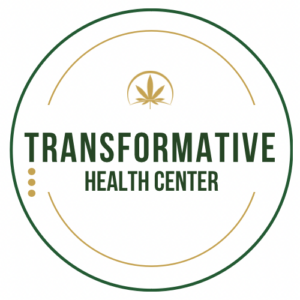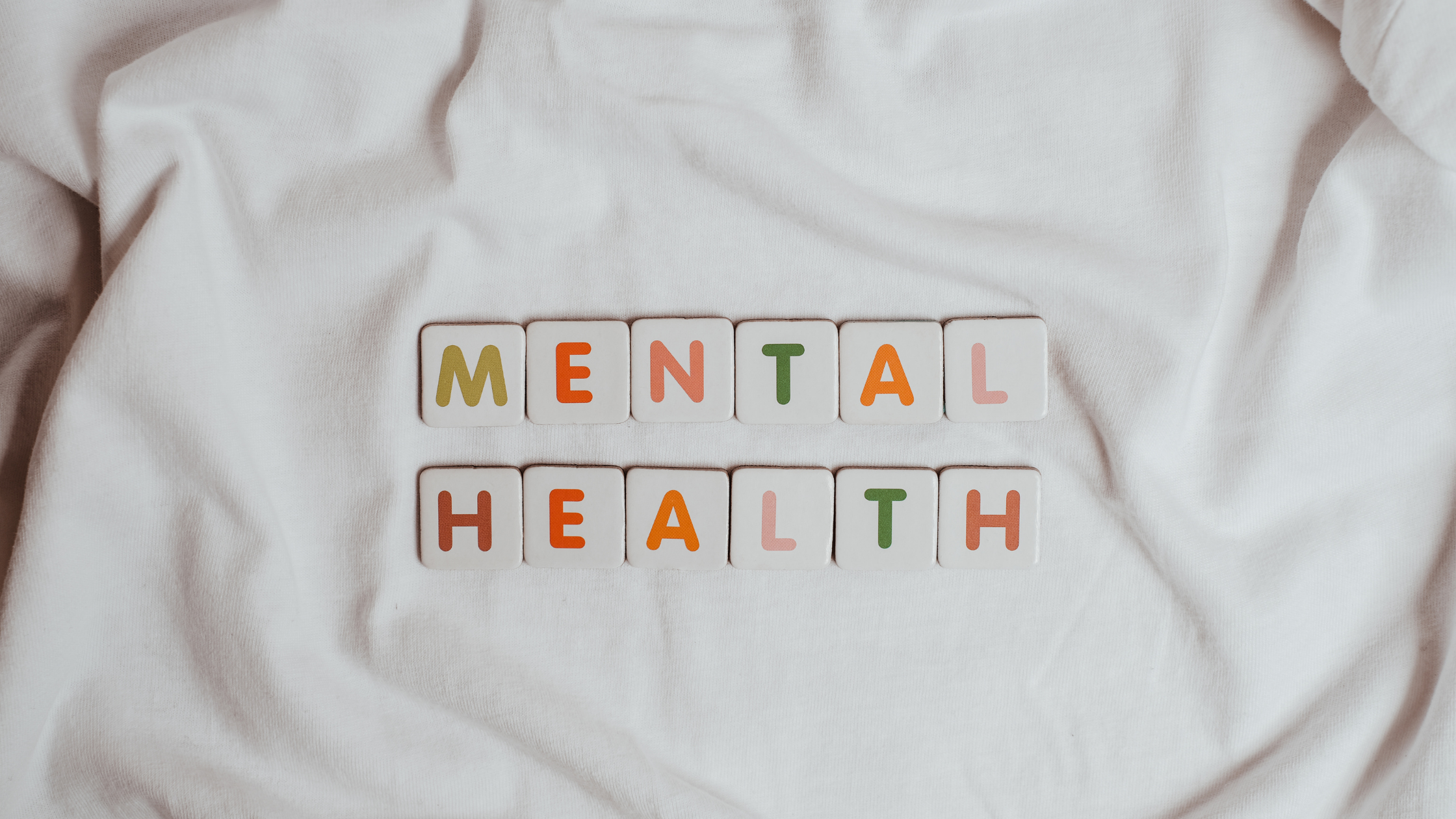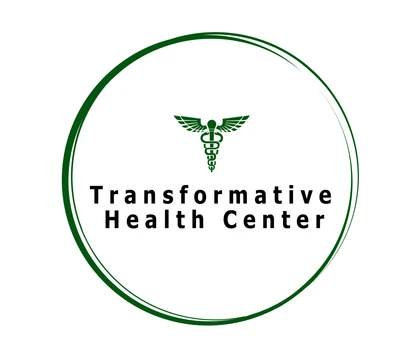Mental health is something that should be talked about year-round, but during Mental Health Awareness Month, it’s especially important to open up the dialogue. According to the National Alliance on Mental Illness, 1 in 5 adults in the U.S. experiences mental illness in a given year. That’s a staggering statistic and one that should be taken seriously.
While there are many different ways to treat mental illness, one gaining traction at a very fast rate is the support of medicinal cannabis. Research is still in its early stages, but cannabis could possibly treat mental health concerns like anxiety, depression, and PTSD.
Benefits of Medical Cannabis in Mental Health
A high amount of medical cannabis users have reported a potential improvement in how they personally feel. PTSD patients found that those who used cannabis may see a reduction in symptoms like nightmares, flashbacks, and anxiety.
As it stands, more research needs to be done to understand the full extent of how medicinal cannabis can help with mental health concerns. But for those who are struggling, it’s worth considering as a potential resource for additional support.
Here are the top benefits of using cannabis to support mental health issues.
1. Treats Anxiety
Cannabis may help support treating anxiety. Cannabis works by binding to the CB1 receptors in the brain, which could help to regulate mood and reduce anxiety. Cannabis also may help increase serotonin levels in the brain, which may help reduce anxiety further.
Cannabis could potentially help treat anxiety by reducing cortisol levels in the brain. Cortisol is a stress hormone that can contribute to anxiety.
2. Treats Depression
Cannabis may help in supporting depression by potentially increasing levels of serotonin in the brain. Serotonin is a neurotransmitter that helps regulate mood and is associated with feelings of happiness and well-being. By increasing serotonin levels, cannabis could potentially help improve mood and reduce symptoms of depression.
3. Manage PTSD
The PTSD (Post-Traumatic Stress Disorder) is a condition that often develops after an individual gets to experience a traumatic event. Symptoms of PTSD can include flashbacks, nightmares, anxiety, and depression. People who are likely to experience PTSD include:
❖ Military personnel
❖ First responders
❖ Survivors of natural disasters
Cannabis may be a helpful promoter of PTSD treatment by potentially reducing the severity of symptoms. Cannabis may help treat PTSD by treating symptoms of anxiety and depression.
4. Controlling Bipolar Disorder
Bipolar disorder, also known as manic-depressive disorder, is a mental illness that causes extreme mood swings that include periods of mania and depression.
Cannabis may help reduce the symptoms of bipolar disorder by stabilizing mood swings and reducing manic episodes. The THC in cannabis could potentially help regulate neurotransmitters in the brain responsible for mood regulation.
5. Controlling Symptoms of hyperactivity disorder (ADHD)
Cannabis could provide support with reducing the symptoms of attention-deficit/hyperactivity disorder (ADHD). The active ingredient in cannabis, THC, works by interacting with the brain’s endocannabinoid system. This system is responsible for regulating a variety of cognitive and physiological processes, including mood, memory, and appetite.
ADHD is characterized by difficulty in regulating attention and impulsivity. THC may help to improve attention span and reduce impulsive behavior.
In a Nutshell
May is mental awareness month, and it is essential to keep the discussion going about dealing with mental health issues. Medical cannabis is a potential supporter for anxiety, depression, and PTSD mental health conditions. The active ingredient in cannabis, THC, may help regulate mood and reduce symptoms of anxiety, depression, and PTSD.
If you’re interested in learning more about how medical cannabis could possibly support mental health conditions, please reach out to us. Contact us today and get in touch with our team of professionals.
 Skip to content
Skip to content


